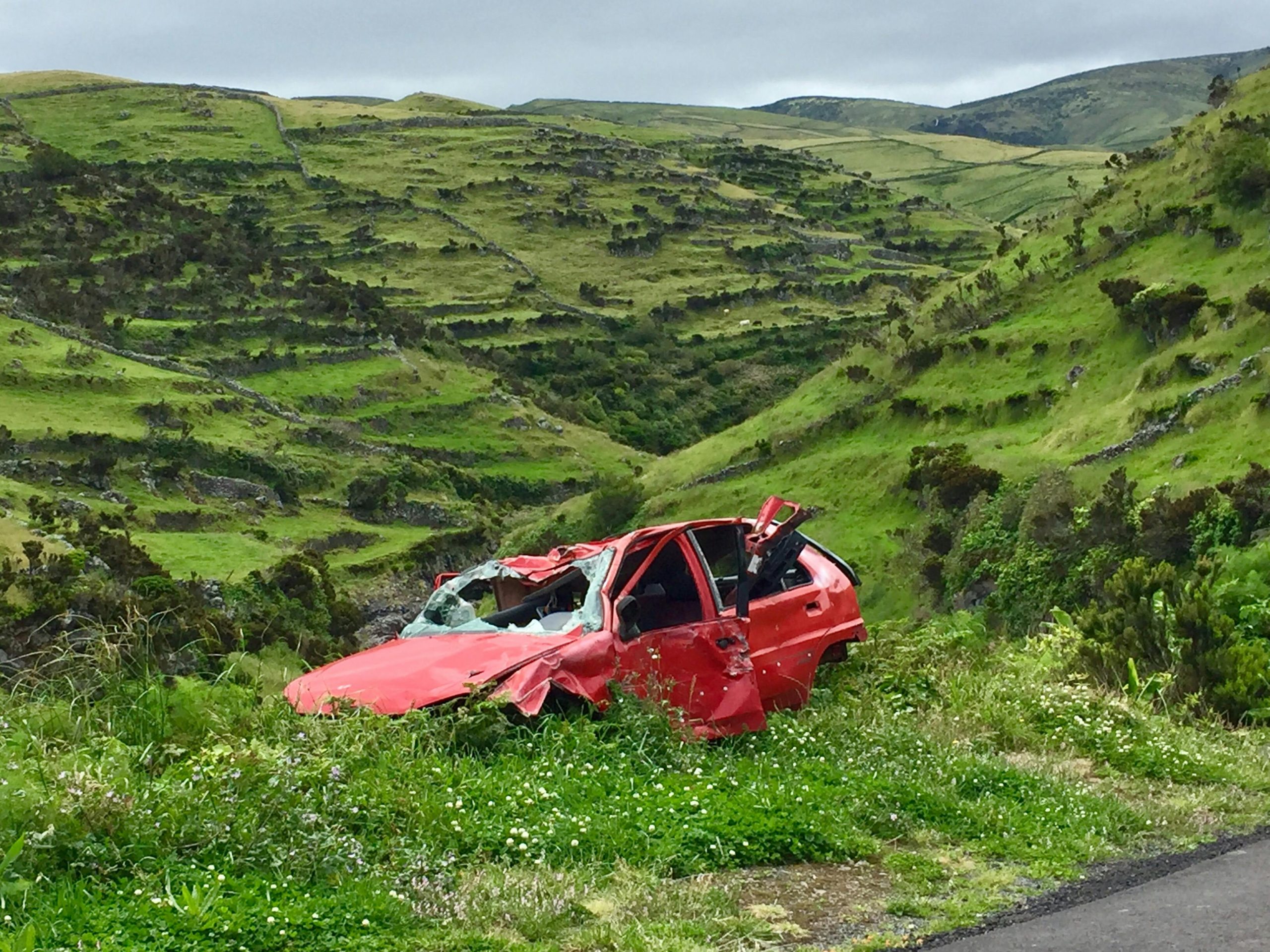 Sometimes, being a passenger in a car can be a frustrating and disturbing experience. This is especially true when actions beyond the passenger’s control, such as being involved in a collision, put his or her life in danger. When such a situation arises, the injured passenger will, understandably, seek compensation from the responsible party. However, if the person who caused the accident leaves the scene and is never apprehended by law enforcement, an injured person may turn their attention elsewhere for financial compensation. Such a situation arose following a car accident on a stretch of highway between Jennings and Lafayette, Louisiana.
Sometimes, being a passenger in a car can be a frustrating and disturbing experience. This is especially true when actions beyond the passenger’s control, such as being involved in a collision, put his or her life in danger. When such a situation arises, the injured passenger will, understandably, seek compensation from the responsible party. However, if the person who caused the accident leaves the scene and is never apprehended by law enforcement, an injured person may turn their attention elsewhere for financial compensation. Such a situation arose following a car accident on a stretch of highway between Jennings and Lafayette, Louisiana.
Kyle Jordan was driving a rental car with Riley Moulton as a passenger. The vehicle was sideswiped, causing Jordan’s car to flip over and injure Moulton. The hit-and-run driver was never identified, so Mouton sued both Jordan and the rental car company, EAN Holdings, for damages. The defendants moved for summary judgment, arguing that since Mouton admitted in his deposition that Jordan was driving safely at the time of the accident and did nothing to cause it, Moulton offered no evidence to support a theory of recovery against Jordan or EAN Holdings. The trial court granted the defendant’s motions for summary judgment. Mouton appealed to Louisiana’s Third Circuit Court of Appeal.
The Appellate Court reviewed the facts of the case as laid out by Mouton himself in his deposition testimony. Mouton stated that Jordan had set the cruise control in the car to 70 MPH, consistent with the speed limit, and was “driving correct.” He further testified that the accident occurred when Jordan made a proper change into the left lane to pass a large truck.
 Car insurance policies can be riddled with complex terms and conditions, often leading to misunderstandings between policyholders and insurers. The case of Mandi and Abigail Ardda v. Danielle T. Peters, et al. brings this issue to the forefront, highlighting the challenges of navigating insurance exclusions and the importance of clear communication.
Car insurance policies can be riddled with complex terms and conditions, often leading to misunderstandings between policyholders and insurers. The case of Mandi and Abigail Ardda v. Danielle T. Peters, et al. brings this issue to the forefront, highlighting the challenges of navigating insurance exclusions and the importance of clear communication. Insurance Dispute Lawyer Blog
Insurance Dispute Lawyer Blog


 A recent ruling by the
A recent ruling by the 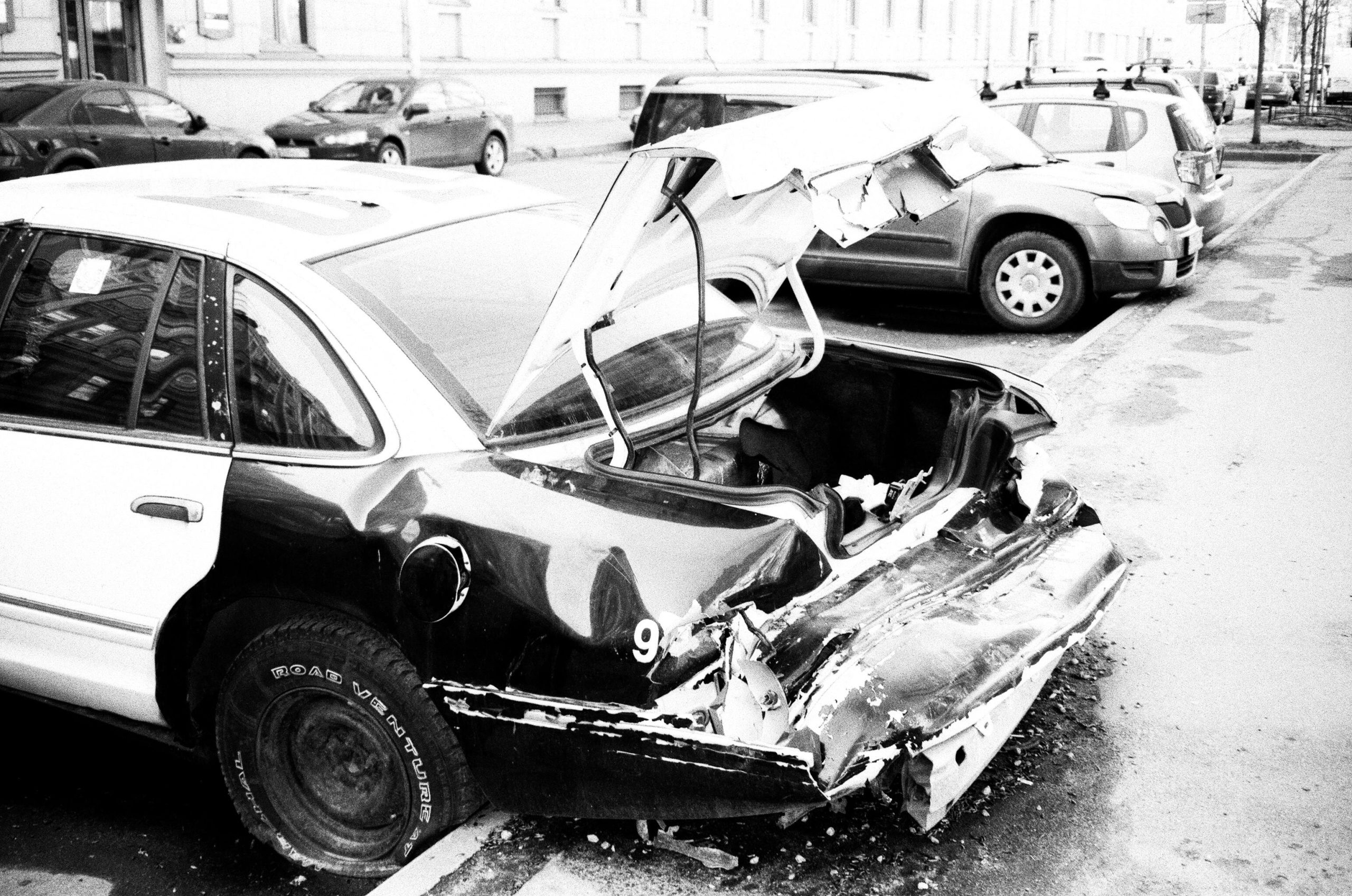 A recent ruling by the
A recent ruling by the 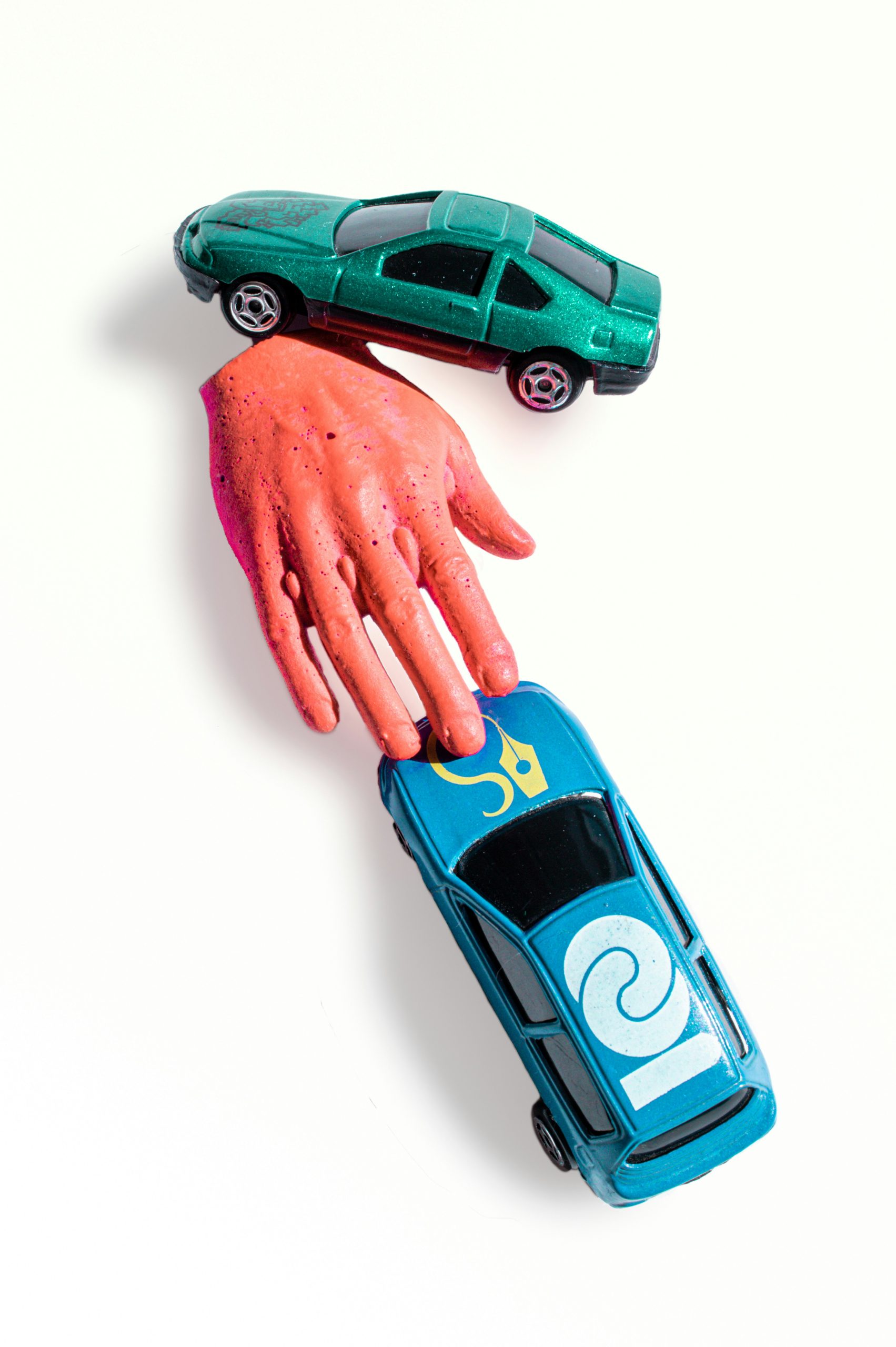 In personal injury law, car accidents at intersections are all too common. However, the case of
In personal injury law, car accidents at intersections are all too common. However, the case of 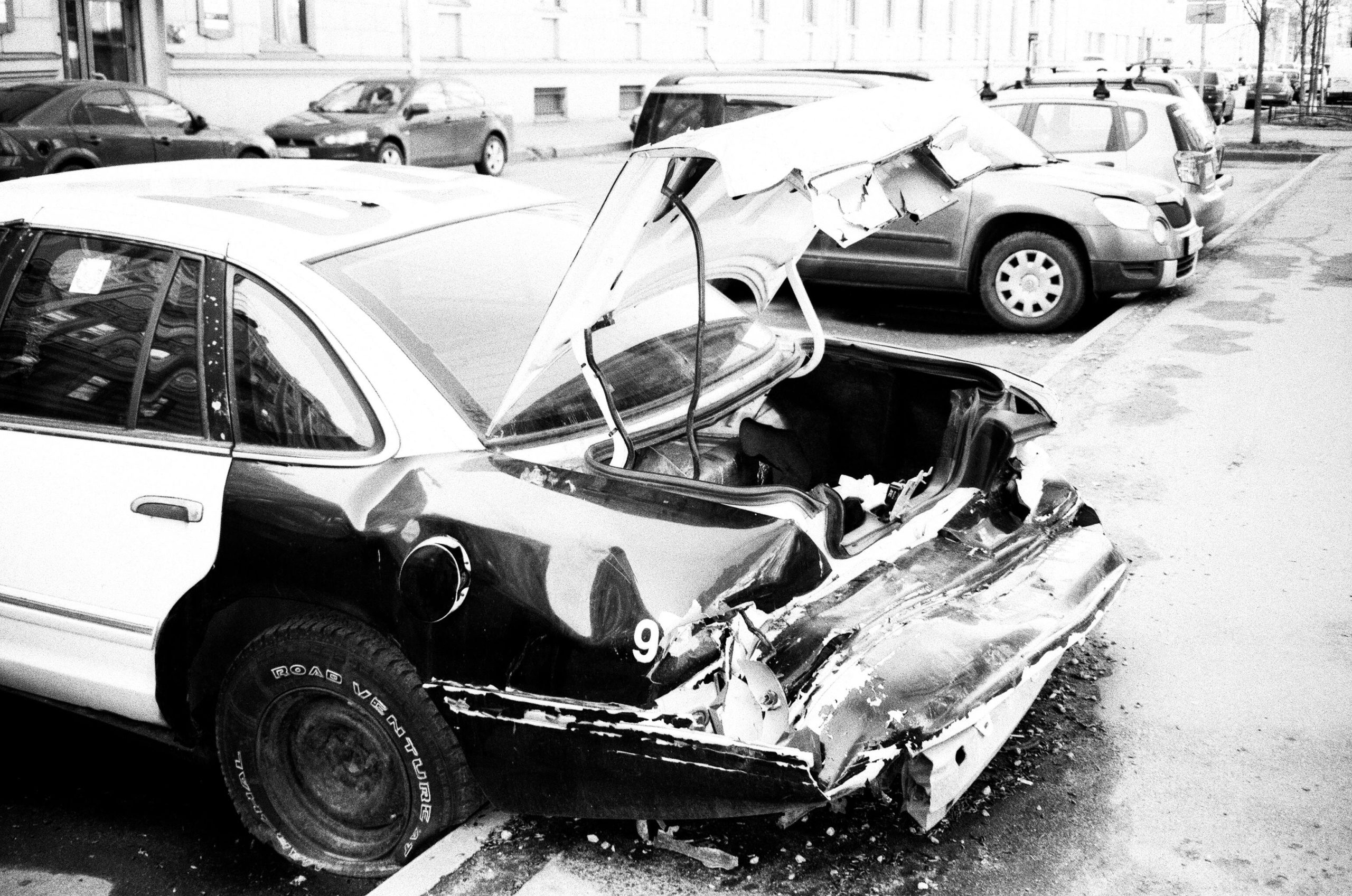 A recent ruling from the
A recent ruling from the  A recent
A recent 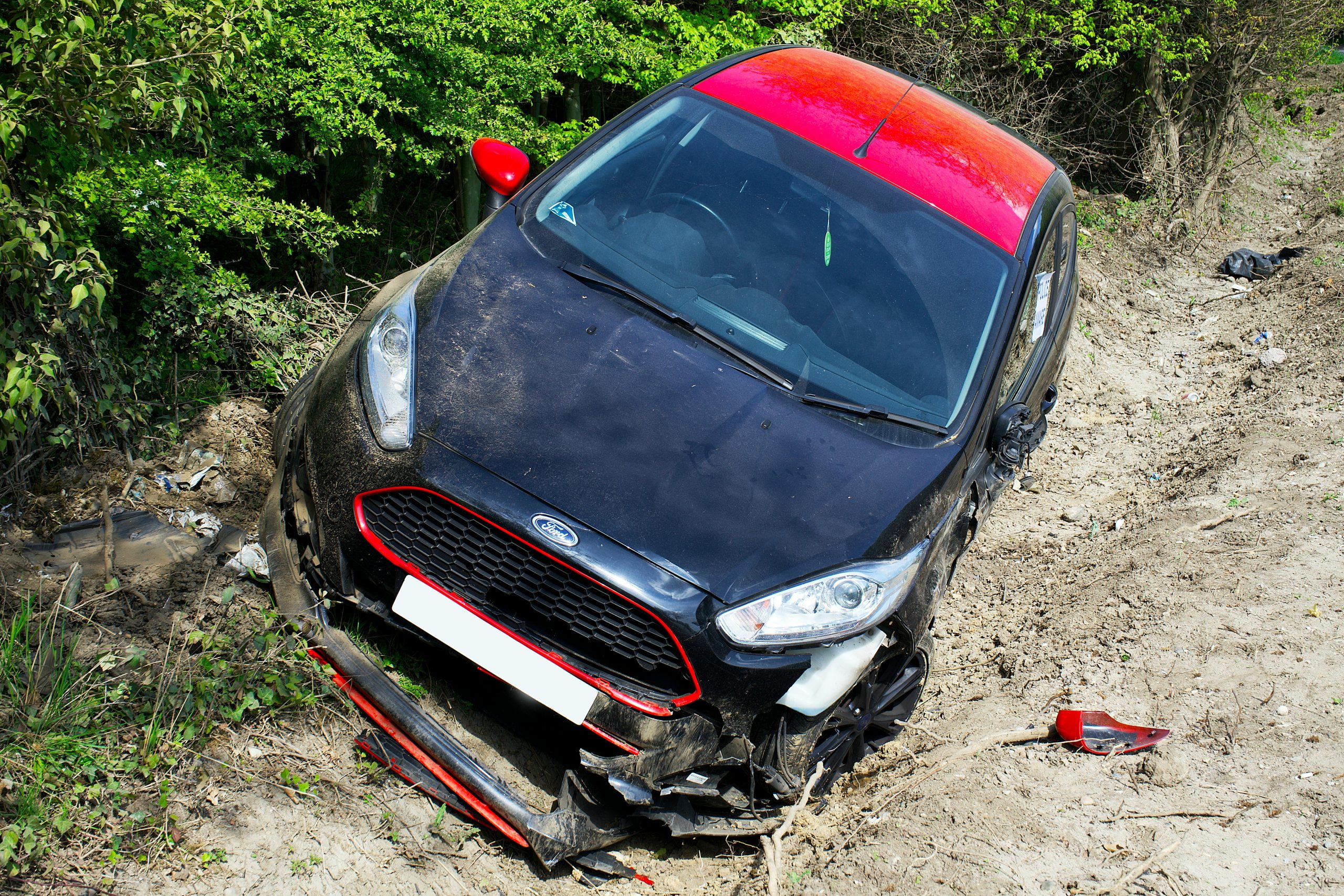 Patricia Spann’s life took a dramatic turn when she lost control of her Chevrolet Cobalt, resulting in a severe accident that left her with multiple fractures and a lengthy hospital stay. She believed the cause of the accident was a faulty power steering system, recently replaced by Gerry Lane Chevrolet as part of a recall. Spann sued Gerry Lane, alleging negligence in the repair and the hiring and training of their mechanics.
Patricia Spann’s life took a dramatic turn when she lost control of her Chevrolet Cobalt, resulting in a severe accident that left her with multiple fractures and a lengthy hospital stay. She believed the cause of the accident was a faulty power steering system, recently replaced by Gerry Lane Chevrolet as part of a recall. Spann sued Gerry Lane, alleging negligence in the repair and the hiring and training of their mechanics. Sometimes, being a passenger in a car can be a frustrating and disturbing experience. This is especially true when actions beyond the passenger’s control, such as being involved in a collision, put his or her life in danger. When such a situation arises, the injured passenger will, understandably, seek compensation from the responsible party. However, if the person who caused the accident leaves the scene and is never apprehended by law enforcement, an injured person may turn their attention elsewhere for financial compensation. Such a situation arose following a car accident on a stretch of highway between Jennings and Lafayette, Louisiana.
Sometimes, being a passenger in a car can be a frustrating and disturbing experience. This is especially true when actions beyond the passenger’s control, such as being involved in a collision, put his or her life in danger. When such a situation arises, the injured passenger will, understandably, seek compensation from the responsible party. However, if the person who caused the accident leaves the scene and is never apprehended by law enforcement, an injured person may turn their attention elsewhere for financial compensation. Such a situation arose following a car accident on a stretch of highway between Jennings and Lafayette, Louisiana. 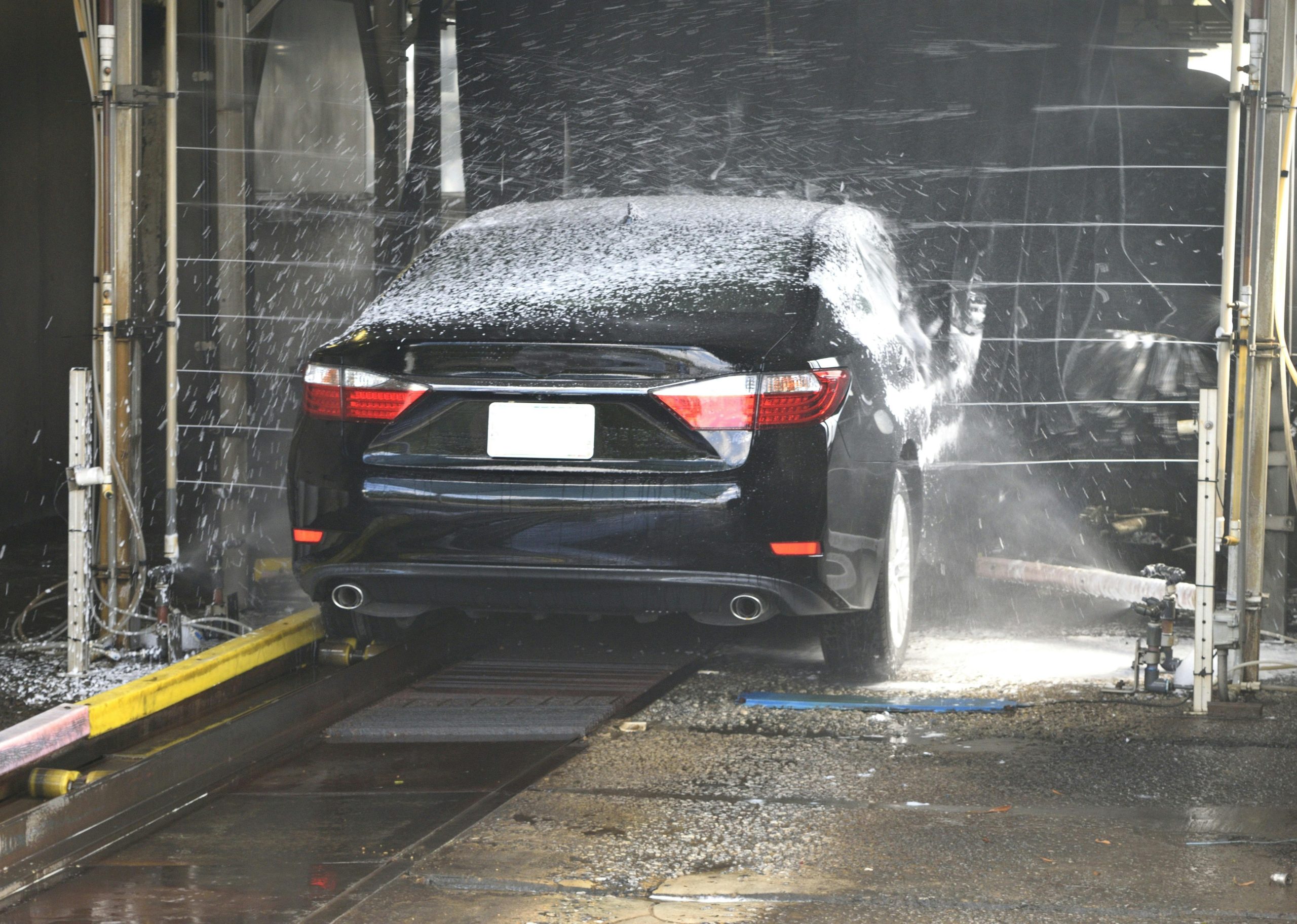 In cases involving multiple defendants, courts are frequently asked to dismiss some or all of the parties because no set of facts can allow a case to proceed. Defendants will point the finger at their counterparts in hopes of securing a dismissal for themselves. However, the dismissal of even just one defendant can mean the loss of significant compensation for the party bringing the lawsuit. In a recent injury case out of Baton Rouge, a family was able to get their day court despite the best efforts of their opponent.
In cases involving multiple defendants, courts are frequently asked to dismiss some or all of the parties because no set of facts can allow a case to proceed. Defendants will point the finger at their counterparts in hopes of securing a dismissal for themselves. However, the dismissal of even just one defendant can mean the loss of significant compensation for the party bringing the lawsuit. In a recent injury case out of Baton Rouge, a family was able to get their day court despite the best efforts of their opponent.  In the legal world, every word holds significance. Clarity and precision are of the utmost priority because even the slightest bit of ambiguity can have dire consequences. This is a truth that Terry Gotch would later find out after he filed suit against Scooby’s ASAP Towing LLC following a vehicular accident in Louisiana.
In the legal world, every word holds significance. Clarity and precision are of the utmost priority because even the slightest bit of ambiguity can have dire consequences. This is a truth that Terry Gotch would later find out after he filed suit against Scooby’s ASAP Towing LLC following a vehicular accident in Louisiana.